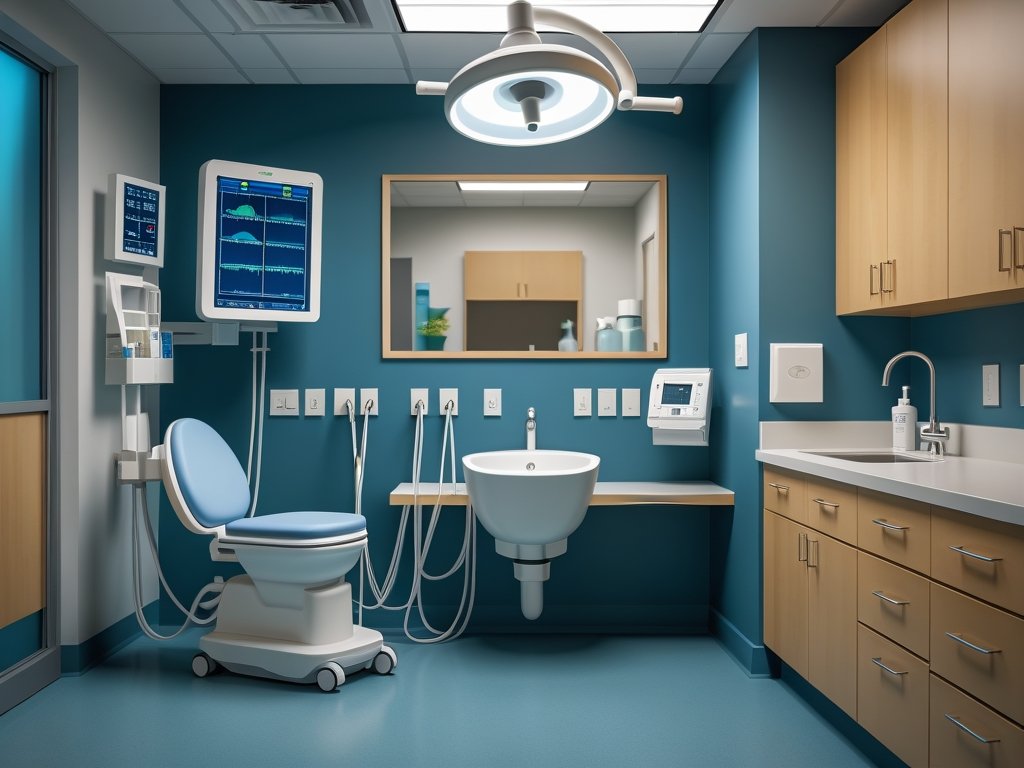
Urological health is essential to overall well-being, yet it’s often overlooked until problems arise. The urinary system — composed of the kidneys, ureters, bladder, and urethra — is responsible for filtering waste, regulating fluids and electrolytes, and controlling urination. Maintaining this system through simple daily habits can help prevent common issues such as urinary tract infections (UTIs), kidney stones, bladder dysfunction, and even some prostate conditions.
Building a daily routine that supports urinary health doesn’t require radical changes. Instead, it relies on small, consistent habits that collectively contribute to long-term benefits. In this article, we explore effective lifestyle strategies to promote optimal urological function for both men and women.
Hydration, Nutrition, and Urination Practices
Daily choices around what you drink, eat, and how you urinate can significantly impact the health of your urinary system. The following habits form the foundation of good urological health:
- Drink enough water: Staying hydrated helps the kidneys flush toxins and bacteria from the urinary tract. Aim for 6–8 cups of water daily, adjusting for activity level and climate.
- Limit irritants: Reduce intake of caffeine, alcohol, and artificially sweetened beverages, which can irritate the bladder and increase urgency.
- Eat a balanced diet: Include high-fiber foods to prevent constipation, which can exert pressure on the bladder. Potassium-rich foods like bananas and leafy greens support kidney health.
- Avoid excessive salt and protein: High sodium intake can raise calcium levels in urine, contributing to stone formation. Moderating animal protein can help balance uric acid levels.
- Practice regular urination: Don’t hold in urine for long periods, as this can stretch the bladder and increase infection risk. Try to urinate every 3–4 hours during the day.
These straightforward behaviors form a solid baseline for maintaining a clean, well-functioning urinary system. They’re especially important for people with a history of kidney stones, UTIs, or bladder issues.
Personal Hygiene and Bladder Health
Proper hygiene and toileting practices play a crucial role in preventing infections and supporting urinary comfort. This is particularly important for women, who have a shorter urethra and are more prone to infections.
- Wipe front to back: After using the toilet, especially for women, always wipe from front to back to avoid transferring bacteria from the rectum to the urethra.
- Urinate after sex: This helps flush out any bacteria that may have entered the urethra during intercourse.
- Use gentle hygiene products: Avoid douches, perfumed soaps, and strong cleansers near the genital area. These can disrupt natural pH and irritate sensitive tissue.
- Wear breathable underwear: Cotton fabrics and loose-fitting clothing allow airflow and reduce moisture buildup that can promote bacterial growth.
- Address incontinence early: Don’t ignore leakage or urgency. Bladder training, pelvic floor exercises, or medical evaluation can help prevent worsening symptoms.
These hygiene-based habits can reduce the risk of irritation, infection, and discomfort while also promoting a healthy and balanced microbial environment around the urinary tract.
Movement, Sleep, and Stress Management
Physical activity, rest, and emotional balance are also vital for maintaining urinary health. These elements support muscle tone, immune function, and bladder control.
- Stay active: Regular exercise improves blood flow to the pelvic region, strengthens core and pelvic floor muscles, and reduces risk of chronic disease.
- Get enough sleep: Poor sleep can lead to hormonal imbalances that affect kidney and bladder function. Aim for 7–9 hours per night.
- Manage stress: Chronic stress can contribute to urinary urgency, incontinence, or pelvic floor tension. Incorporate mindfulness, breathing exercises, or light yoga into your daily routine.
- Pelvic floor exercises: Daily Kegels help strengthen the muscles responsible for urinary control and are beneficial for both men and women, especially with aging.
Long-Term Benefits and Proactive Care
Urological issues often develop slowly and can be prevented or mitigated through proactive care. Building healthy routines today lays the groundwork for avoiding more serious problems later in life.
- Routine checkups: Periodic visits to a urologist or primary care provider can help catch early signs of kidney or bladder problems.
- Know your family history: Some urinary conditions have genetic components. Informing your doctor can help guide preventive care.
- Don’t ignore symptoms: Early signs like burning, urgency, or changes in urine color should not be dismissed. Timely treatment can prevent complications.
By embracing simple daily habits and staying attentive to bodily cues, individuals can actively protect their urinary health. These routines require little time but offer lasting benefits — making them a smart investment in lifelong wellness.
Recent articles about tips and daily habits
-

Urethral Safety When Changing Physical Activities
The urethra, often overlooked in discussions about physical fitness, plays a surprisingly significant role in our ability to move, exercise, and generally live active lives.…
-

How to Reset Mentally After Flow Interruptions
Flow states – those periods of intense focus, effortless action, and deep satisfaction – are incredibly valuable for productivity, creativity, and overall well-being. We all…
-

Posture Support Tools for Flow-Focused Routines
Flow states – those periods of deep focus where time seems to melt away and productivity soars – are increasingly sought after in our hyper-distracted…
-

Using Sunlight to Stimulate Renal Regulation
The kidneys are remarkable organs, silently working around the clock to filter waste, regulate fluid balance, and maintain crucial electrolyte levels within our bodies. Often…
-

How to Balance Digestive and Urological Cycles
Introduction The intricate dance between our digestive and urological systems is often overlooked, yet profoundly impacts overall wellbeing. We tend to treat these as separate…
-

Comfort Sitting Patterns for Older Adults With Urge
As we age, seemingly simple activities like sitting can become sources of discomfort or even anxiety for some individuals, particularly those experiencing urge incontinence. This…
-

Low-Sugar Drinks for Urinary Tract Peace
Urinary tract discomfort can be incredibly disruptive – from the irritating urge to go constantly to the painful burning sensation, it’s something many people unfortunately…
-

How to Avoid Pelvic Freeze in Stressful Moments
Understanding Pelvic Freeze Pelvic freeze – a relatively newly named phenomenon gaining traction in discussions around trauma and stress responses – describes a specific type…
-

Prostate-Aware Cooking Techniques for Daily Meals
Prostate health is an increasingly important topic for men as they age, yet often shrouded in discomfort and misunderstanding. Many associate proactive prostate care solely…
-

Building Predictable Voiding Into Your Morning Plan
The morning sets the stage for the entire day. How we begin – whether rushed, stressed, or calm and collected – often dictates our mood,…
Want practical tips for healthier daily habits? Try searching our site.
